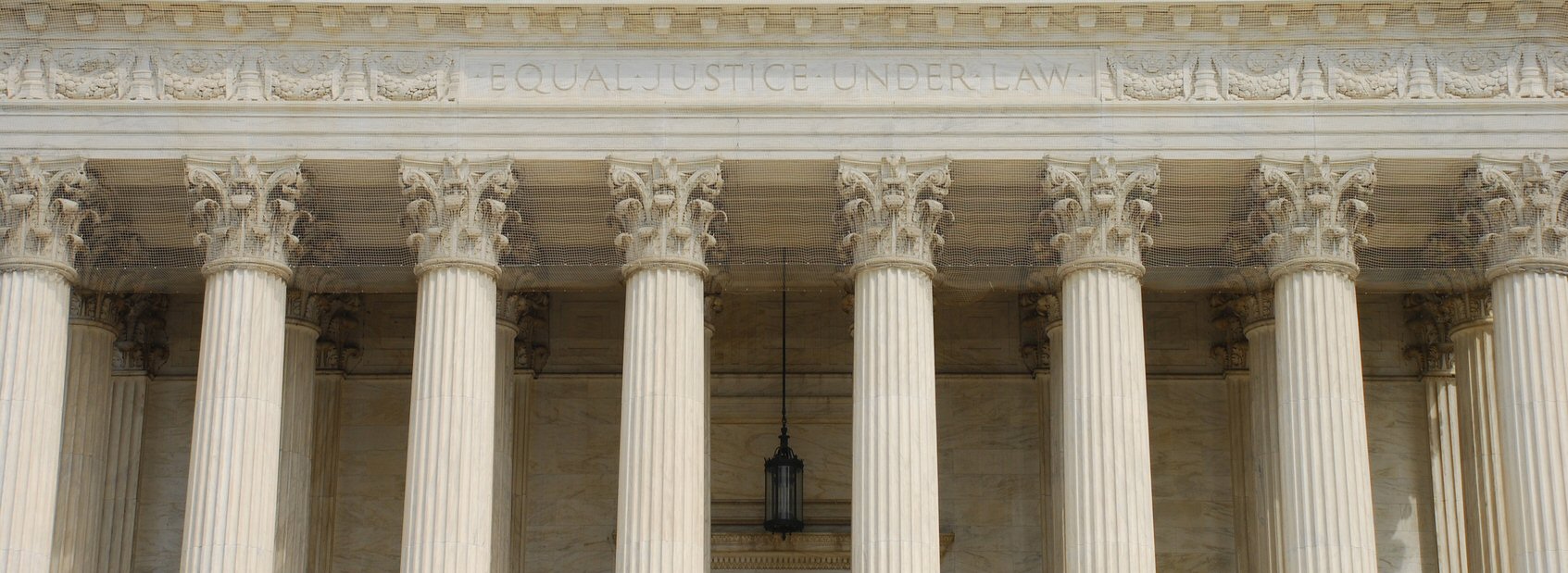Position Statement
S.6533 (Montgomery) / A.7970 (Frontus)
Support
WBASNY strongly supports this bill which protects innocent juveniles charged with crimes by increasing the transparency and integrity of the judicial process by requiring video recordings of the interrogation process of juvenile delinquents. The bill fills a gap in the law left after enactment of Chapter 59 of the Laws of 2017 which requires video recording of interrogations for juveniles and adults but which has almost no application to interrogations of juveniles in juvenile delinquency proceedings in Family Court, according to the Memorandum in Support of the Assembly Bill.
The bill mandates several requirements to assure the reliability of the video. The facility where the juvenile is to be interrogated must be designated by the Chief Administrator of the Courts as suitable for the questioning of the juvenile. The video recording must be intelligible and the persons in the recording must be identifiable. The entire interrogation must be under video and must include the giving of the Miranda notice to the juvenile, and the waiver, if any of the juvenile’s rights. The recording would be subject to discovery.
The video recording will aid the court when there is a disparity in testimony about what the juvenile said, whether a confession was voluntary, or a question about police conduct toward the juvenile. Also, video recording of the interrogation process will aid the court in determining the mental status of the juvenile during interrogation, including the juvenile’s capacity to make a confession or waive their rights, especially a juvenile that may have special needs or who will be fearful of the process and may respond falsely in an effort to stop the interrogation process.
The recording will serve as an objective record for the court and an independent basis to enhance the accuracy of a juvenile delinquency proceeding and to determine the credibility of the youth and may serve to eliminate contested suppression hearings which is cost effective to the court system.
Citing Roper v. Simmons, 543 U.S. 551 (2005); Miller v. Alabama, 132 S.Ct. 2455 (2012); J.D.B. v. North Carolina, 131 S.Ct. 2394 (2011); and Graham v. Florida, 130 S.Ct. 2011 (2010), the Memorandum in Support of the Assembly bill points out that when the United States Supreme Court outlawed the juvenile death penalty, limited life sentences without parole, and required age to be a factor in determining whether school based police interrogation was custodial for purposes of assessing the voluntariness of a child’s waiver of a right to counsel, adolescent developmental factors were central to the court’s decision. The Memorandum in Support also cites studies finding that the lack of full development of the prefrontal cortex of the brain of adolescents which governs judgement, decision making, and understanding of the consequences of decisions makes juveniles more susceptible to giving false confessions.
WBASNY recognizes that during the covid pandemic the state budget is under enormous constraints. However, this bill will not burden the state budget because of the fact that significant state and federal funds have already been invested in making video recording equipment available to law enforcement agencies statewide since 2007 and subsequent years to record interrogations of both adults and juveniles (see Memorandum in Support of Assembly Bill stating that over $1 million has already been expended to date, with at least one facility in every one of the state’s 62 counties already equipped to record interrogations.)
Adoption of this legislation will improve fairness of the justice system for juveniles at little or no cost to the state and we urge the Governor to sign this legislation.

